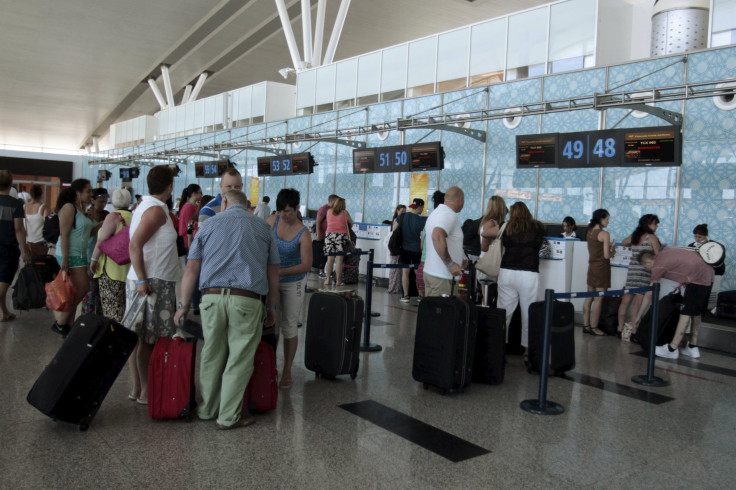Queen Elizabeth Responds To Tunisia Terror Attack, Expresses 'Shock' Over Deadly Beach-Front Shooting

The Queen of England expressed her “shock” and sympathies on Sunday about the devastating attack on a Tunisian beach that left at least 15 British nationals dead and several others wounded. A total of 38 people have so far been confirmed dead in the attack.
"We send our sincere condolences to the families of those who were killed our deepest sympathies to the people who are still fighting for their lives in the hospital. Our thoughts and prayers are with those of all countries who have been affected by this terrible event,” Queen Elizabeth II said in a statement.
The queen's statement was delivered via social media as well, in a message from the royal family's Twitter account.
A message from Her Majesty The Queen in the wake of the #Sousse #Tunisia attack. http://t.co/dsRPVDoBZU pic.twitter.com/6B3rHuz7PT
— BritishMonarchy (@BritishMonarchy) June 28, 2015A Tunisian national opened fire on the beach of the Riu Imperial hotel on Friday, killing dozens, the majority of whom were European tourists. Three Irish nationals were among the dead as well as citizens from Germany, Belgium and Portugal. The death toll is expected to rise as many others remain in the hospital in critical condition.
The attacker was identified as 24-year-old Seifeddine Rezgui, a recent graduate of Tunisia's Kairouan University. Rezgui was killed by police. Tunisian authorities have detained his father and three roommates.
"We are sure that others helped, but did not participate," Tunisia’s Interior Ministry spokesman Mohamed Ali Aroui told the Associated Press. "They participated indirectly."
The attack on the beach resort in Port el Kantaoui near the coastal city of Sousse was the most deadly terror Tunisia has seen in years. It was also the second attack on tourists in Tunisia in less than four months, which threatens to severely damage the country’s economy. Tourism makes up 15 percent of the country’s gross domestic product.
© Copyright IBTimes 2025. All rights reserved.






















